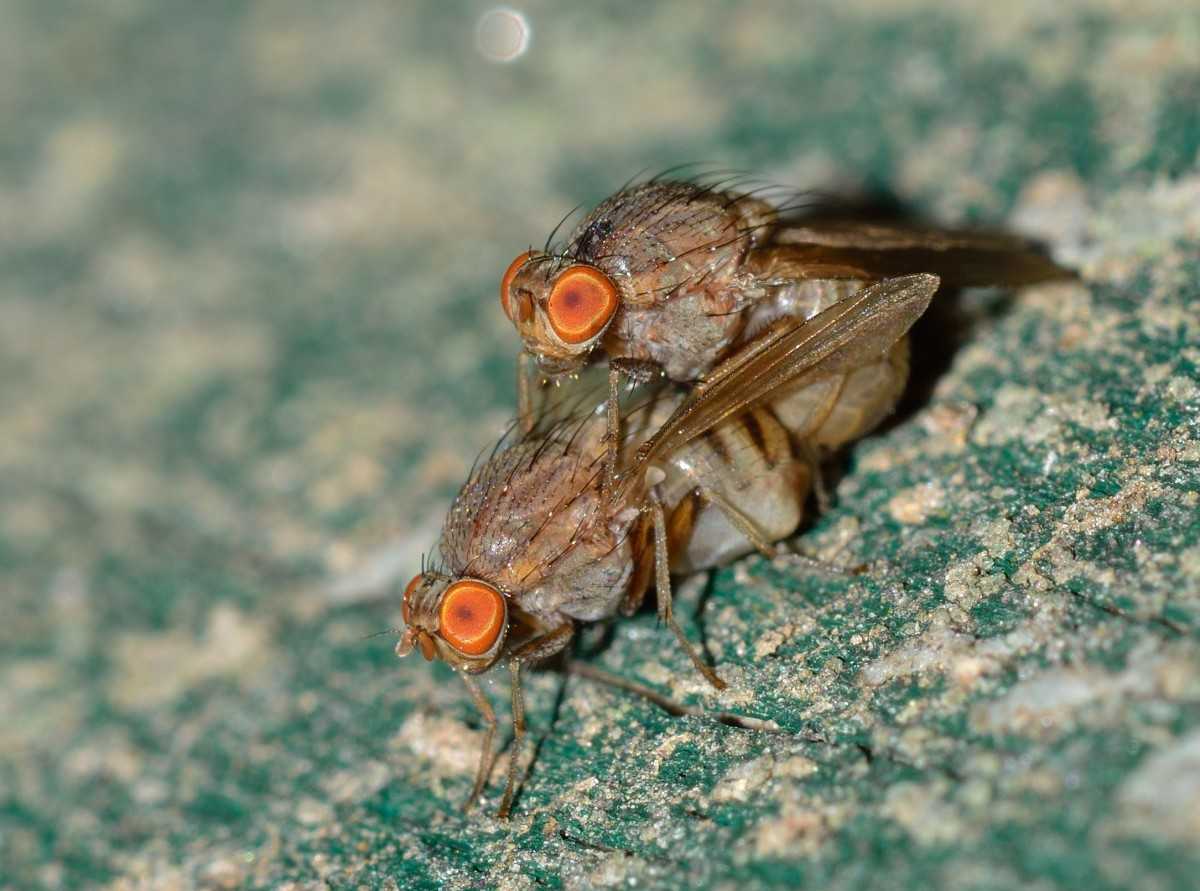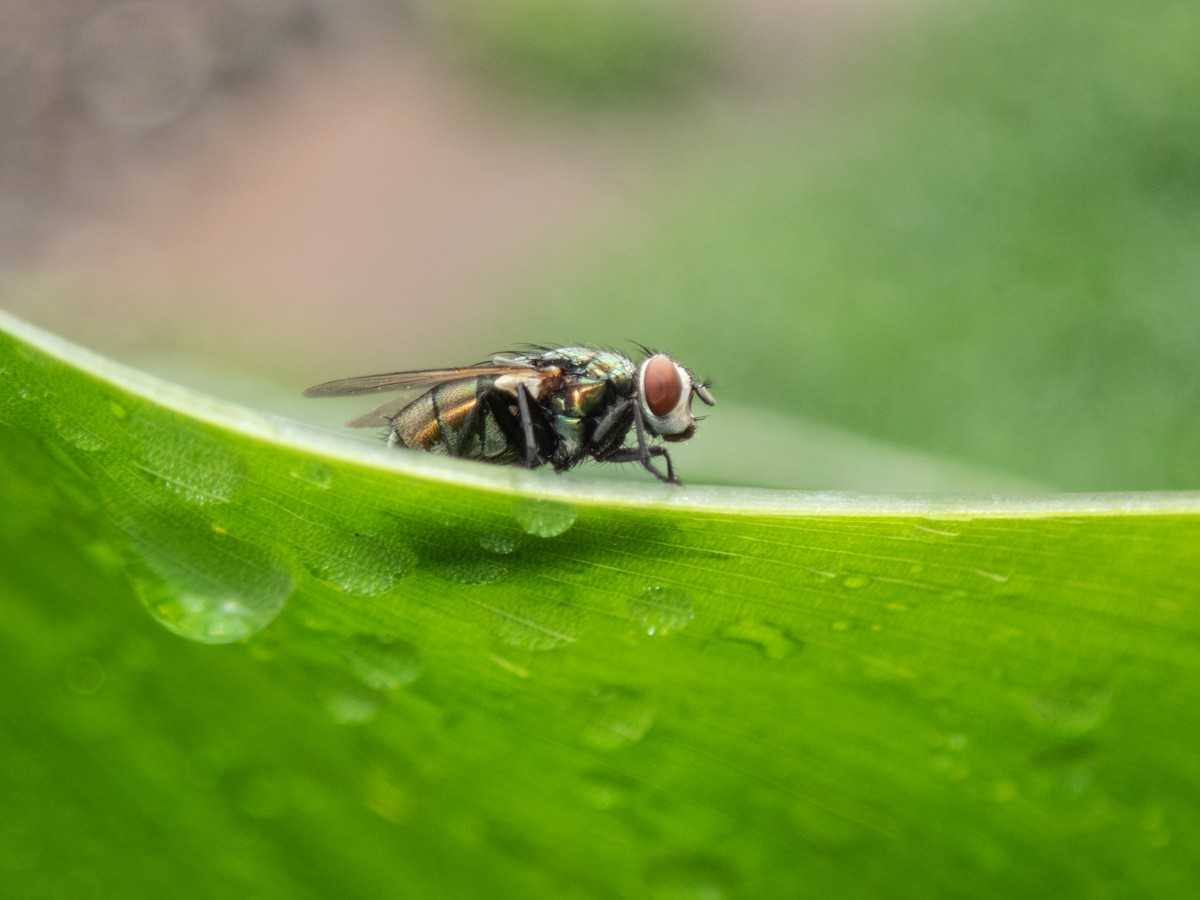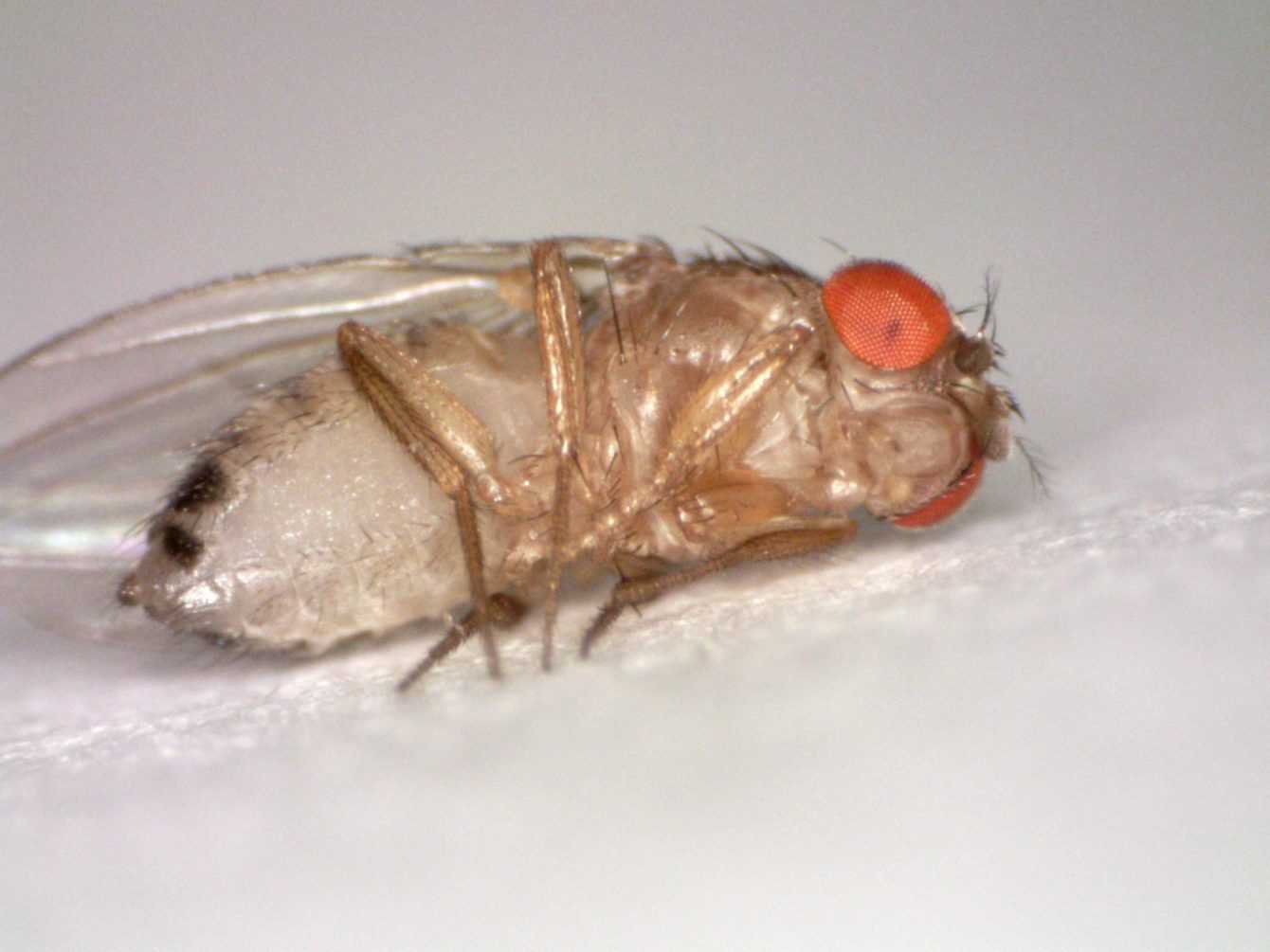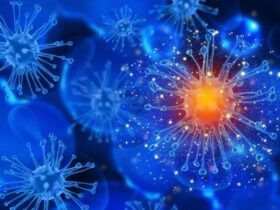Individuals are likely to prioritize food over sex after the lack of both. It is the result of new research on fruit flies
A new study, published in Current Biology, has identified the precise neuronal impulses triggered in the brains of fruit flies when faced with critical feeding or mating choices.

Fruit flies
Fruit flies, or Drosophila, are commonly used in neuroscientific research that can be used to provide insight into how more complex brains behave. This is because Drosophila exhibits complex behaviors such as memory and learning, but these are controlled by a brain relatively simpler, with just about 100,000 neurons. The human brain, by comparison, has about 86 billion neurons. Drosophila, especially the species Drosophila melanogaster used in biomedical research, it is an excellent experimental system for understanding how crucial behavioral decisions are made in the brain. We can identify the neural elements that direct behaviors with great resolution and decipher the underlying mechanisms.

The study: first the food, then the sex
In the study, i midges males they have been kept away from both food and females for a full day, with only one source of water available. At the end of the period of deprivation, males could choose between a sugar solution or fertile females. The research team found that males were constantly choosing food for sex. By doing further studies, they found that the time limit for the absence of food to determine this choice unambiguously was 15 hours of deprivation. Once fed, the researchers found that the male midges changed their attitude. In fact they turned their attention to courtship, sometimes within seconds after the meal is over.
The fundamental neurons
The team then used genetic tools to label neurons in the brain with fluorescent markers. They then used a technique called two-photon calcium imaging to monitor which flies activate and deactivate. With these tools, they saw how the fly’s brain responds when conflicting options are available and how it chooses between them. This allowed them to pinpoint the activated neurons in the flies’ brains as they made decisions about what to prioritize. THE neurons who tell the fly whether to eat or mate, are essentially competing with each other. If the need to eat is more urgent, dedicated ones will take over, if the threat of hunger is less then they will win those dedicated to courtship and sex.

A non-unique choice
The researchers also found the solution to this behavioral conflict it was not absolutely fixed, but influenced by the context. For example, although feeding was a priority when the fly was really hungry in other conditions it was not. Under the time limit, this decision was influenced by quality of food: the midges after a few hours discarded bad and low quality food, choosing instead the stimulus of mating and overcoming hunger. We still have a lot to learn from the fruit fly, such as what happens when threats are introduced: how would the fly decide between feeding or running away from a predator? Or a female in the same conditions would prefer food or sex? The researchers therefore set out to further study these animals to delve into the mysteries of the brain.

The implications for the man
Dr Carolina Rezaval, leader of the research group at the University of Birmingham, explains:
We are often exposed to conflicting situations where we have to choose one goal over others. For an animal in the wild this could mean having to choose between feeding, mating or fighting for resources. How does the animal know what to do? The Drosophila fruit fly is a great model for understanding how crucial behavioral decisions are made in the brain.
The knowledge acquired by researchers in the laboratory can reveal fundamental mechanisms behind our decisions. Indeed, brain systems are common to many species, but are often difficult to study in mammals. By knowing the simpler ones, the researchers hope to better understand how the more complex brains work. It is thus possible to understand what happens in situations such as addiction and disease Parkinson or that of Alzheimer which is known to influence decision making in the brain.
Follow us in our section science for other news!















Leave a Reply
View Comments